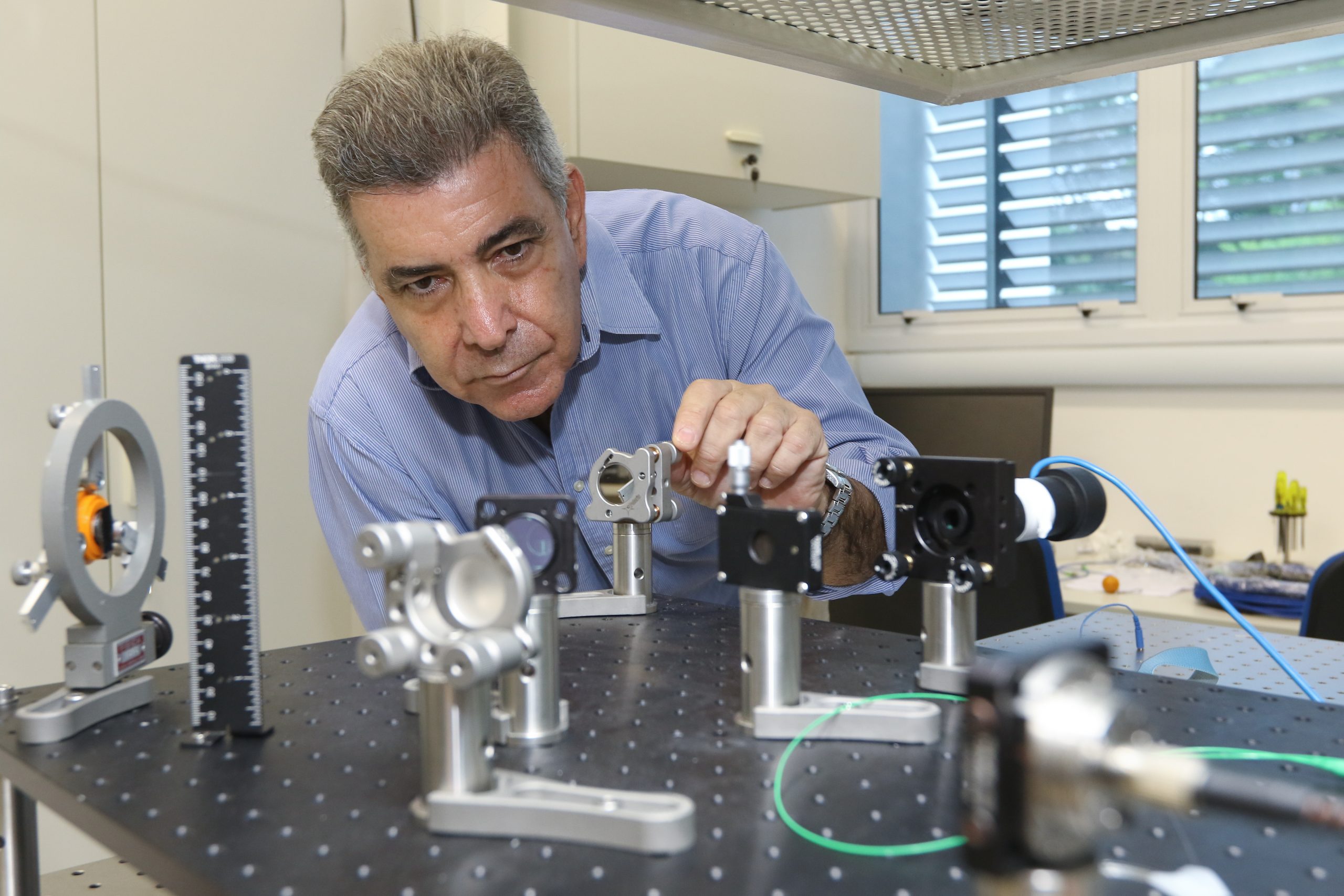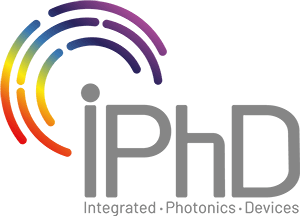October 29, 2021 Hybrid system proposes better use of solar energy
Technology developed at Unicamp University, with a patent granted by the National Institute of Industrial Property (INPI), proposes the improvement in solar energy systems, using radiation not used by solar cells, to achieve a more efficient water heating process.

The energy crisis in Brazil points towards the urgent need for new solutions regarding energy generation. According to the Generation Information System (SIGA), of the National Electric Energy Agency (ANEEL), until October 2021, the electricity generation capacity in Brazil was largely composed of renewable sources (82.69%), in which only 2.14% was correspondent to solar energy. In this scenario of opportunities for new technologies, researchers at Unicamp’s Institute of Physics “Gleb Wataghin” (IFGW) have developed a hybrid system that respond to this demand for more sustainable alternatives.
The idea is an invention of professor Newton Frateschi and researcher Arthur Vieira de Oliveira, working in the field of Photonics, who suggest the better use of photovoltaic energy through an integrated device, with special application large facilitiess. It enables fluid heating and photovoltaic generation with increased efficiency of each element of the system, in a complementary and innovative way, allowing better use of solar energy, something indeed relevant these days.
Much of the solar energy that falls upon photovoltaic cells is not used for such conversion, being reflected and wasted. In this proposal, the arrangement of photovoltaic plates is such that this reflected energy is brought to bear on direct water heating systems, providing electricity generation and heating, simultaneously. Furthermore, as the water, before heating, is passed under the photovoltaic cells, they become more efficient due to cooling process, particularly, when the required water flow is abundant, as generally demanded in various sectors of industry, hotels or any large facility demanding electricity and hot water.
Complement in power generation
Since direct solar water heating systems and photovoltaic systems dispute the same spaces for the exposure to the sun, it is important to have a solution that does not use photovoltaic electricity to be wasted in water heating. In this proposal, the hybrid system provides exactly a possible solution to combine both systems in an efficient and sustainable way of generating electricity and water heating, in a complementary way, resulting, therefore, in a better energy usage.
The technology innovates by developing a system that simultaneously couples water heaters and photovoltaic cells within the same integrated structure. This structure can then be installed as conventionally done for photovoltaic converters, with the advantage of offering additional water heating.
Furthermore, in cases of industrial use, hotels, or large installations, where there is a bigger demand for heated water, the system is more efficient, because it has an incoming cold water flow that cools the photovoltaic part of the system, increasing its efficiency.
According to Frateschi, the patent can be used for domestic applications, but it is more advantageous when applied in large installations, where there is a high demand for hot water, such as factories and hotels. “The cooler the water enters in the system, the more the efficiency of the photovoltaic cells increases. Within only one system, it is possible to heat water and generate electricity both at the same time”, he points out.The innovation is especially advantageous because, in addition to generating electricity from sunlight in a more efficient way, it can simultaneously heat large volumes of water. Solar energy becomes better used. “This way we were able to reserve electricity for more noble activities and still get hot water, without the need of electricity for heating demands”, describes Frateschi.
Solar resources and energy crisis
The researcher considers it is important to think of electricity as a jewel, which is commonly being wasted in processes for which simpler solutions already exist. “This patent proposes a completely sustainable system, both in an environmental point of view, as well as in a commercial and economic perspective”. The coupled structure presents an efficiency percentage that is 15 to 20% higher with respect to the solar panel, when is built separately from the water heating system.
Unicamp’s Inova Agency filed a patent request in 2010, which has already been granted by the National Institute of Industrial Property (INPI) and is eligible to be licensed by companies that wish to develop and exploit the invention commercially.
The energy crisis is a global problem, especially recently in Brazil, being considered the worst in 90 years. Lack of rain, climate change and high consumption have brought plant reservoirs to very low levels. “Nowadays, using renewable energy is fundamental. There is no way to generate electricity without causing problems, especially in the current consumption ratios. Even the hydroelectric plants cause severe disturbances to the environment”, justifies the professor.



